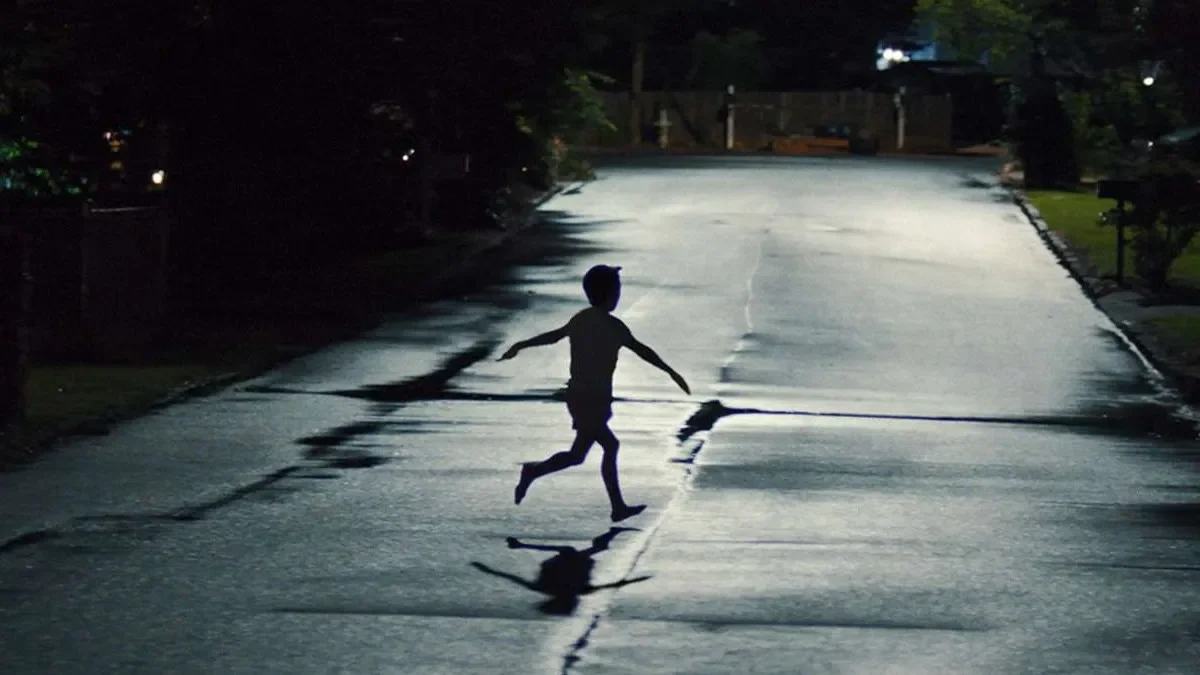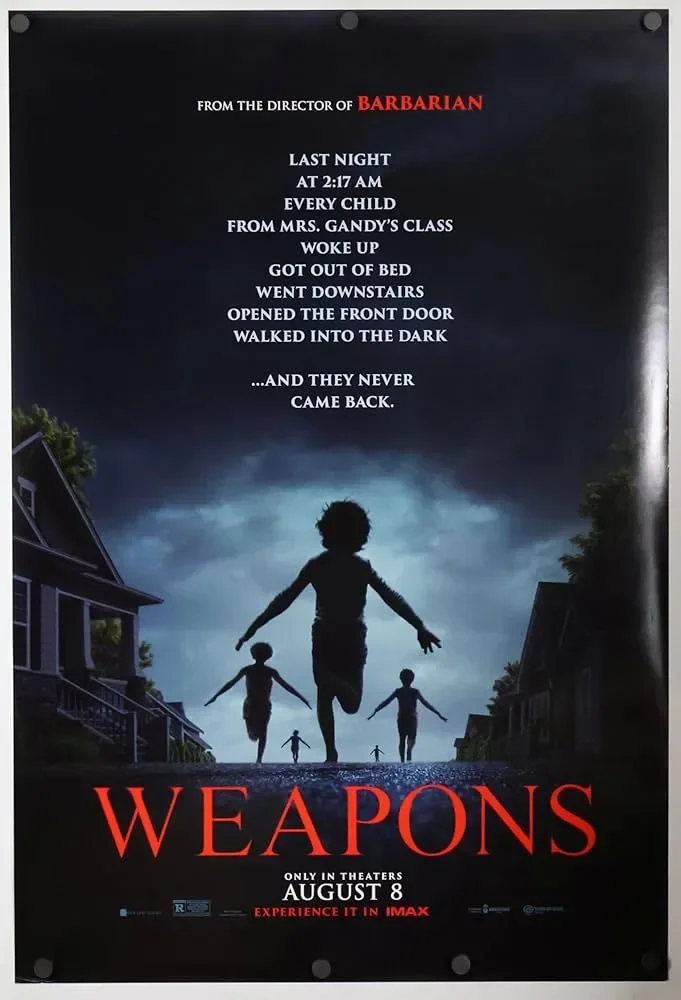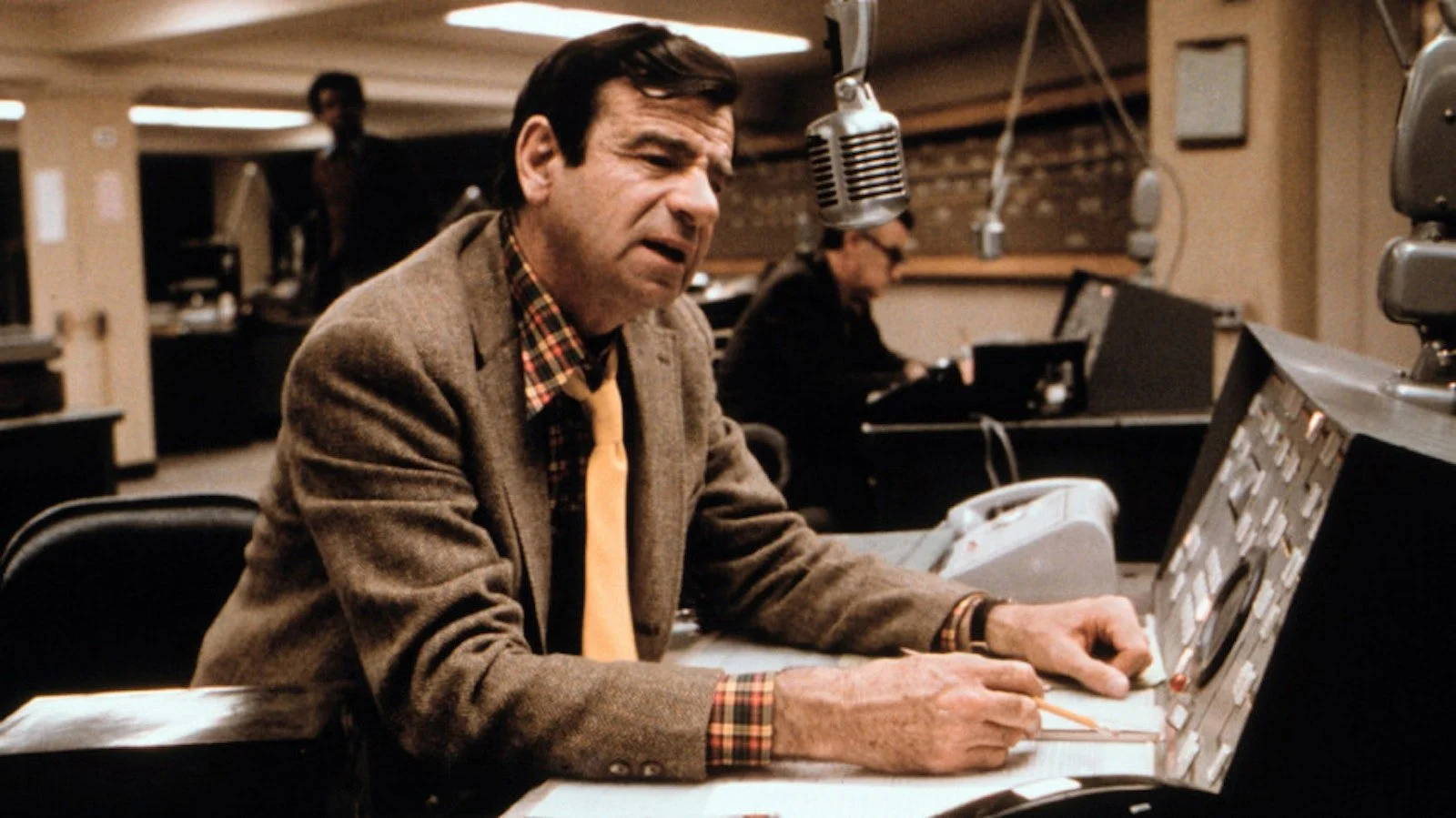Weapons
(Zach Cregger, 2025)
⭐️⭐️⭐️⭐️ 1/2
Processing grief is often a difficult and messy sequence of events. When sudden tragedy strikes, the survivors of the incident are left to pick up the pieces and go on with their lives while their loved ones or the ones they knew are no longer present. This can lead to a wide spectrum of actions and emotions, often ones on the negative and self-destructive side. Surviving a horrific incident and not having any answers as to why it happened can only exacerbate the situation. “Weapons”, the 2025 horror film from Zach Cregger, examines how a community deals with a sudden and unexplained loss of elementary school children. It does so in a way that makes it very obvious what Cregger is really saying about the epidemic of school shootings in the United States.
“Weapons” presents to the audience the tragic events that rock the community of Maybrook, Pennsylvania. Seventeen children, all from the same 3rd grade class, suddenly and without explanation leave their houses at 2:17 A.M. and run off into the night. One student, Alex Lilly (Cary Christopher), did not disappear with the rest of his classmates. The parents of Maybrook, such as Archer (Josh Brolin) are dumbfounded as to what happened and begin to point their fingers at Justine Gandy (Julia Garner), the teacher of Alex and the rest of the missing children. Justine struggles to make sense of why her students disappeared and tries with messy results to get to the bottom of the mystery. This involves admonishments from school Marcus (Benedict Wong), the school principal, and a problematic personal interaction with Paul (Aiden Ehrenreich), a married police officer and recovering alcoholic. When Justine and Archer put their differences aside to continue the search for an answer, they discover a far more sinister explanation than they would have ever expected.
Cregger decides to tell the story of “Weapons” in a non-linear fashion and focuses on each character’s perspective of the sequence of events in the plot. We see how Justine deals with the vitriol of the parents and how this leads to destructive choices for not only herself but for others, such as Paul and his family. We see how Archer struggles with the weight of his son going missing and how it impacts the relationship with his wife, his performance at work, and his anger towards Justine. We see how Marcus has to deal with things from an administrative and bureaucratic standpoint, such as Justine trying to get more answers out of Alex. We also see how Paul has to deal not only with baggage brought on by Justine rekindling a prior relationship, but a couple of heated and violent encounters with James (Austin Abrams), a homeless drug addict who plays a key role in unwinding the web of the story. Finally, we see how Alex deals with everything from the perspective of a child who has been thrust into a series of events where he seemingly has no control but must do what he can to survive while having to get used to the arrival of his rather peculiar aunt Gladys (Amy Madigan).
This use of non-linear storytelling works for a film like “Weapons” because it allows the audience to see how each character or each archetype processes the grief at hand. None of these characters are without flaws, and they are trying to deal with the aftermath of the missing children in the best way they can under the given circumstances. Humans are flawed. We will make bad mistakes on a good day. We will make even worse ones while trying to deal with a monumental tide of grief brought on by seventeen missing children. Cregger effectively shows this with his non-linear storytelling while also dropping key clues, hints, and some incredibly timed jump scares to lead the audience in the direction of the solution to the mystery. He crafts the tension and suspense at just the right levels to keep things flowing even when the story does not follow an a-to-b-to-c structure.
While the mystery of “Weapons” is bathed in a sense of supernatural horror, the metaphor of what it actually represents is very direct and obvious. Cregger does an admirable job of crafting a film that stands as a way of looking at school shootings and the aftermath of those horrific incidents. An entire classroom of children suddenly disappears, and their grieving parents really have no answers as to why it happened. No one does. The kids were here one day, and they were gone the next. If you think that this is too direct an analysis, do realize that Cregger even includes an image of an assault rifle in one of Archer’s dreams. He is not being subtle with his message about the aftermath of school shootings and the wake of horror they leave behind. Cregger uses that approach to show a community seeking a point of blame and looking in the wrong places, all while the real answer happens to be under their noses. The storytelling approach and metaphors Cregger uses build to a chaotic and cathartic final act and resolution. Some might find humor in it, while others might recoil at the dread presented on the screen.
The grief and helplessness of the main characters in “Weapons” really do drive the flow of the film, and that is what makes it so strong and effective. Cregger uses a personal tragedy, the death of his friend and collaborator Trevor Moore, to give the audience a chilling, horrific, and entertaining film about what people do when loved ones are suddenly not with us anymore. That concept is amplified by framing the horrors of a school shooting with a supernatural vibe. Everything comes together for a chilling and incredibly satisfying horror film that actually says something underneath the surface.
This review is part of my Now Playing series showcasing new releases I watched in a theater setting.





“Batman” is the film that made me understand and ultimately appreciate just what a summer blockbuster should be.